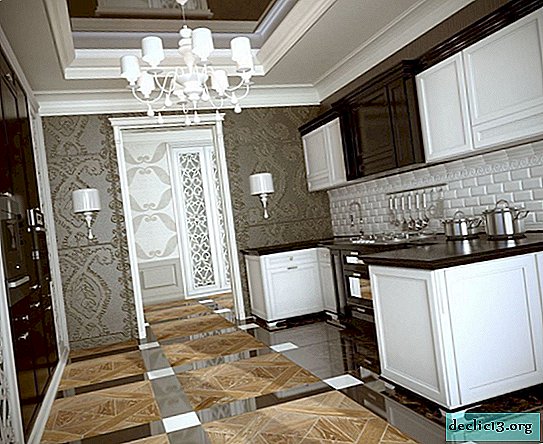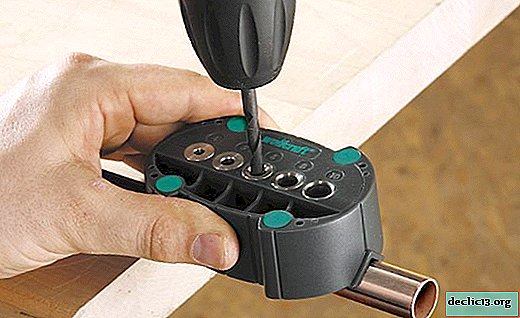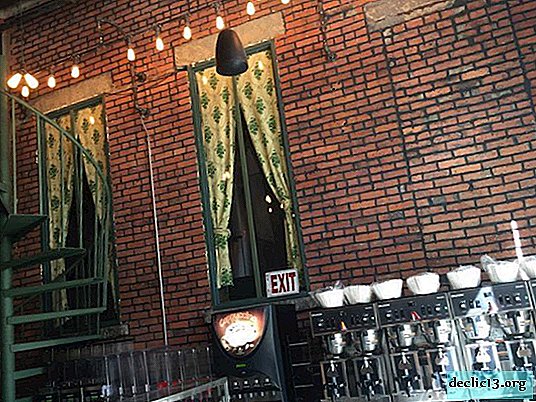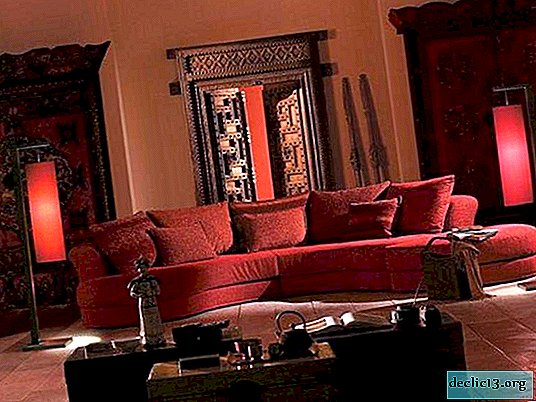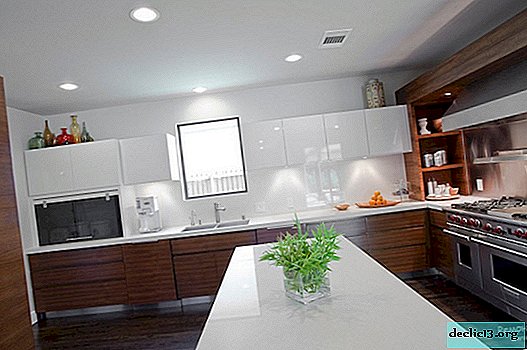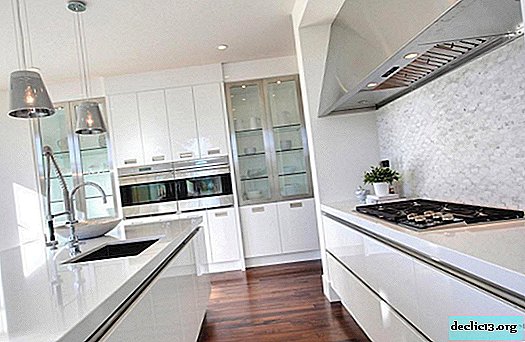Interior moldings - the key to uniqueness and exclusivity
In order to create your own unique interior, not so much is needed. Indeed, for this there are a number of design tricks and techniques, one of which is the use of moldings. Moldings are nothing more than overhead decorative elements. In most cases, they are used to decorate walls. In principle, these include profiled strips of any type or panel, as well as frames, skirting boards, battens and moldings.
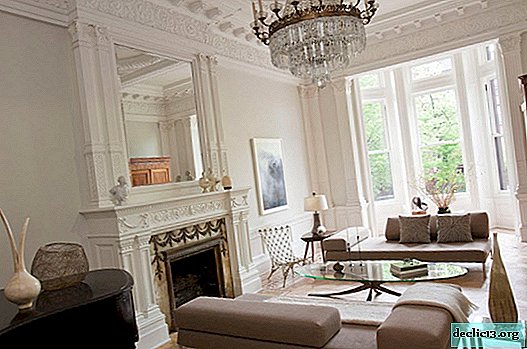



What are the uses of moldings?
In addition to aesthetic functions, moldings also help to hide some defects. For example, with their help, you can break the unsightly surface of the walls into several parts or sections of any shape. And later they can be painted in various colors or decorated with textured wallpapers that differ in color. It happens that you need to hide an interior defect, and the molding perfectly distracts attention from this flaw.


And if it is also wooden, i.e. resistant to mechanical stress, it also protects the wall from all kinds of damage. In order to hide the joints between the ceiling and the wall, ceiling skirtings are used, i.e. the same moldings, the width of which may be different.

Usually it depends on the height of the ceilings. The higher the ceiling in the room, the wider the ceiling should be. Its shape can also be very diverse: straight, convex, concave. Often decorative or stucco moldings are used. But for classics, wide moldings decorated with stucco molding will go, and for minimalism - narrow and the most common models.


Installation of window platbands is still in demand. It began many centuries ago, when there was a tendency to decorate windows with carved platbands. Today, a different approach is observed in the field of window decoration - it is decorated indoors, and not outside. Moreover, the molding must fully comply with the style and texture. For example, if the window is plastic, then the molding should be made of plastic.



With the help of moldings, you can still perfectly decorate the room with niches, pilasters, half columns or arches, which contributes to a more complete appearance.
The profile cross-section and the nature of the molding surface can be very diverse, which creates a special originality and charm, thereby opening up enormous prospects for the decoration of the room.
Moldings are usually made of polyurethane or polystyrene. However, they can be made of marble, gypsum, wood or plastic.
Scope of moldings
In this case, the scope is quite wide - moldings adorn walls, and ceilings, and doorways, and even furniture. After all, their original design is the personification of any style in the interior. If you design the interior, for example, gilded skirting boards with an original extraordinary ornament, and exclusive rosettes in the form of sculptures, then in such an atmosphere you will simply feel like a king and unwittingly transported to the era of Classism.
And if you frame the corners of the room and ledges with panels that have contrasting dark colors, this technique will help you to feel the atmosphere of the land of the rising sun and even feel the wonderful and unique aroma of sakura blossoms.



Thus, the moldings used in the interior radically change the shape of the space and correct existing flaws and interior errors. In addition, they are able to visually expand the area, and low ceilings visually make higher. For example, elongated or rectangular elements tending upward increase the height of the space. Also for these purposes, there is one more trick - to install skirting boards identical in color to the ceiling or to mount horizontal bas-reliefs with a repeating pattern. In addition, often the wall surface is divided in half with the help of a relief bar, as a result of which objects parallel to the floor are emphasized - all this also contributes to a visual increase in the area of the room.
And yet, how to use moldings in the interior?
You can use them as baseboards in the room, as door platbands, painting them in any color. And you can use them as furniture decor, if, again, pre-painted them in the right shade. Of course, if the furniture is white, then the moldings should be left white. Usually, gold or silver moldings are used as furniture decor, which are very easy to make using potal, which imitates precious metals. It is sold in an art store and will cost much less than the purchase of expensive material. Absolutely any furniture is decorated with such moldings, whether it is a chest of drawers or a headboard.
With this technique, you can perfectly decorate the interior doors, which will radically change, especially if they are ordinary, smooth and unremarkable. The main thing that should not be forgotten - the ornament must necessarily be combined with the style of the room.

To decorate the ceilings, moldings are also an excellent solution. If you have a smooth ceiling and a lonely hanging chandelier, then there is a wonderful opportunity to fix this trouble by transforming the picture beyond recognition. And this is done like this: the ceiling is painted with a water-based emulsion (water-dispersed paint can be used), moreover, it is necessary to cover the ceiling several times in order to achieve a beautiful uniform color. After the paint has dried using a tape measure, a level and a pencil, draw a rectangle in the center, occupying more than half of the entire ceiling. Inside it, you can draw several small rectangles (exactly how much - at your discretion), which can be both inside each other, or be lined up in a row. The segments of the molding should be equal to the sides of the outlined rectangles. They can also be painted either a couple of shades darker, or left to match the tone of the ceiling. And further along the marked lines, glue the molding segments. A chandelier is suspended in the center of a large rectangle. This creates a stylish and original ceiling design.

